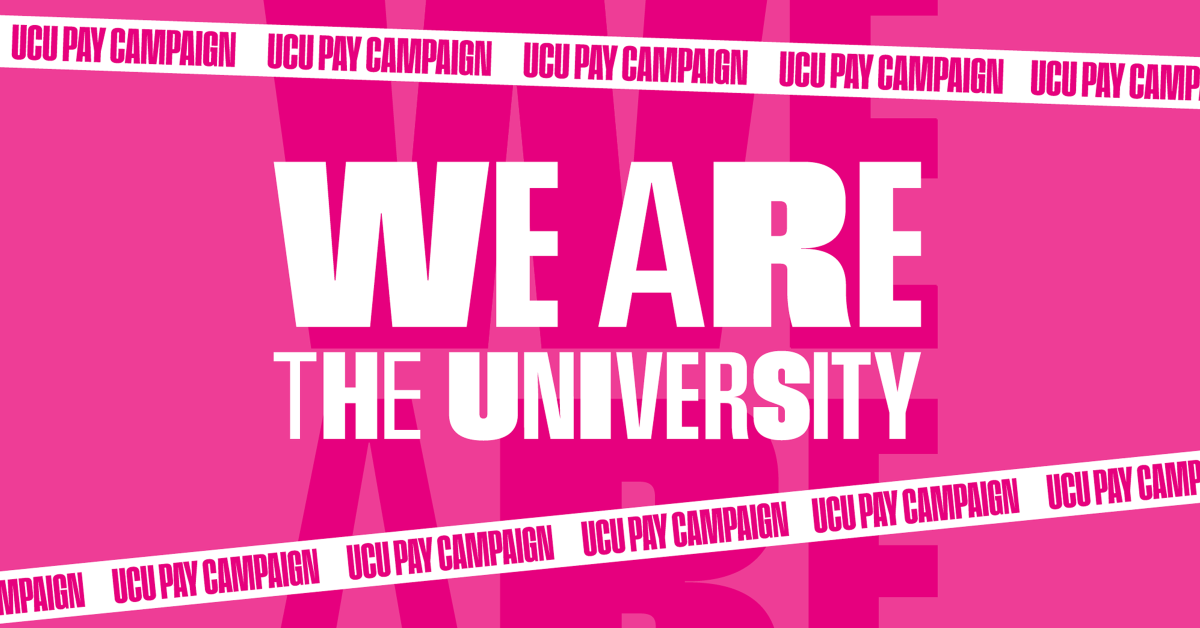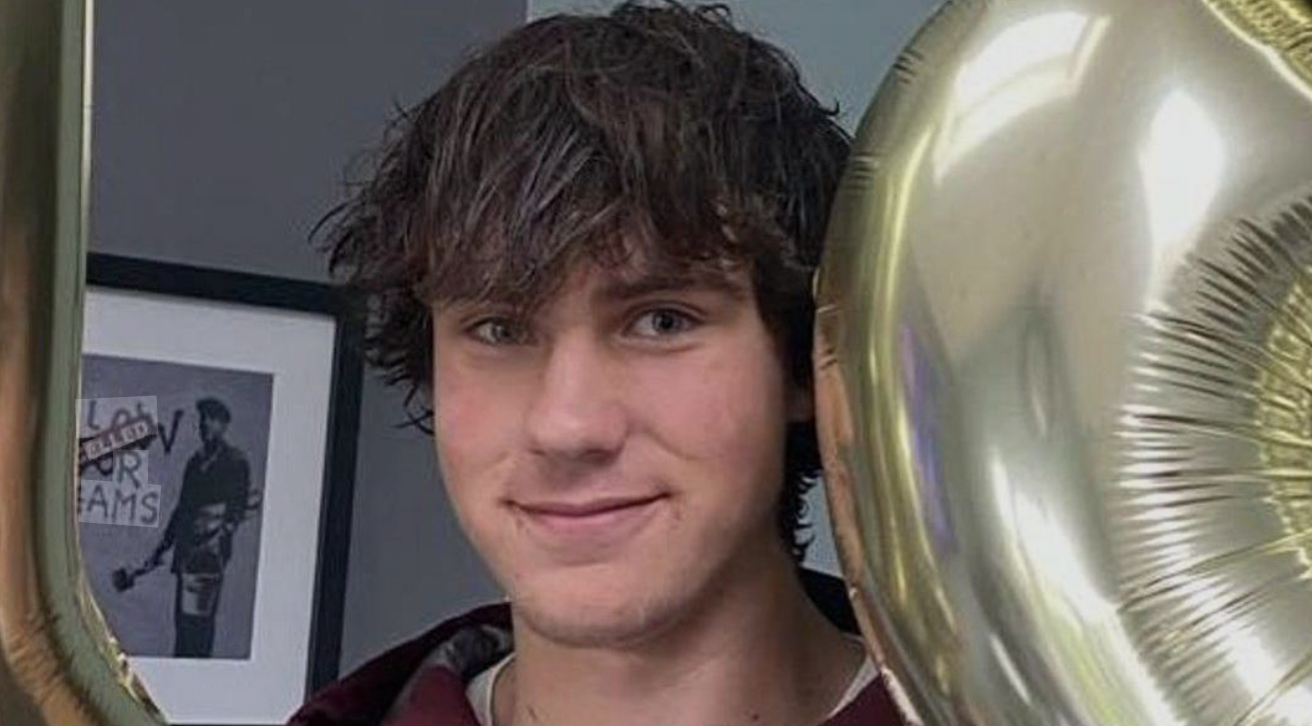By Zoë Crowther, Students’ Union Correspondent
The University of Bristol has responded to mounting pressure by making changes to the student wellbeing service.
From the start of this academic year, residential life advisors shall be available to provide 24/7 support to students living in university accommodation. Three residential villages have been established as locations where students can go for help with concerns ranging from academia to mental health.
Vice Chancellor Professor Hugh Brady has said: 'We share the passion and concern our students and staff feel about mental health and wellbeing.
'It is fast emerging as the single biggest public health issue affecting young people today, both here in the UK and globally. The number of students across the HE sector declaring a mental health challenge has quadrupled over the last decade.'
Following a cluster of student deaths, the University has continued to face criticism since over 400 people marched in May to demand improvements to the quality and availability of mental health resources.
Last year, the University spent £1 million on hiring well-being advisors who were embedded into academic departments. The latest developments represent an effort to make student well-being a central component to the accommodation services.
The Minister of State for Universities, Sam Gyimah, has joined the call for immediate action to be taken. Gyimah wrote to Vice Chancellors across the country, referring to mental health as an ‘immediate’ challenge in the sector.
Mental health and wellbeing is so important and critical to success, which is why I have written to Uni VCs ahead of the new academic year to make this a top priority. https://t.co/TreeWzVq3Y
— Sam Gyimah MP (@SamGyimah) September 16, 2018
He has advised that 'Universities should see themselves as ‘in loco parentis’ – not infantilising students, but making sure support is available where required.'
After a student mental health summit held in Bristol in June this year, the government announced the University Mental Health Charter. This is to be led by Student Minds, a prominent student mental health charity.
Gyimah has given his support of the Charter, stating 'It is not good enough to suggest that university is about the training of the mind and nothing else, as it is too easy for students to fall between the cracks and to feel overwhelmed and unknown in their new surroundings.'
With the development phase beginning in Autumn 2018, Rosie Tressler, CEO of Student Minds, has announced: 'Student Minds are delighted to have the support of the UPP Foundation and our partners to co-create the University Mental Health Charter with students, and university and health communities.
'This programme will stretch and reward universities that commit to the improvement required, providing tools and support to help them get there.'
What a week! Overwhelmed by the positive messages coming in from students, staff and leaders alike behind the University Mental Health Charter. Thank you to everyone supporting the issue, & a personal thanks to the people that support MY wellbeing too! 🙏Onward! ⭐️❤️🤝🌈🔥🥂 https://t.co/cLTwmOQAS3
— Rosie Tressler 🤓 (@rosietressler) June 29, 2018
The Charter also has the involvement of other leading charities, NUS and multiple Higher Education bodies. UUK has published guidance for universities on how to prevent student suicides and contribute towards a safer learning environment.
Vice Chancellor Hugh Brady has stated that 'Here in Bristol we are taking every step we can, to work with our students to help them build the life-skills and resilience to cope with the pressures they face, and to identify vulnerable students as early as possible so we can support them with their mental health issues.'
Featured Image: rawpixel / Unsplash
For advice on how and where to access University mental health services, visit http://www.bristol.ac.uk/students/wellbeing/services/
You can seek mental health support by calling Samaritans for free on 116 123, by emailing jo@samaritans.org or visiting the Samaritans website: https://www.samaritans.org
Further information on the University Mental Health Charter can be found at https://www.studentminds.org.uk/charter.html









